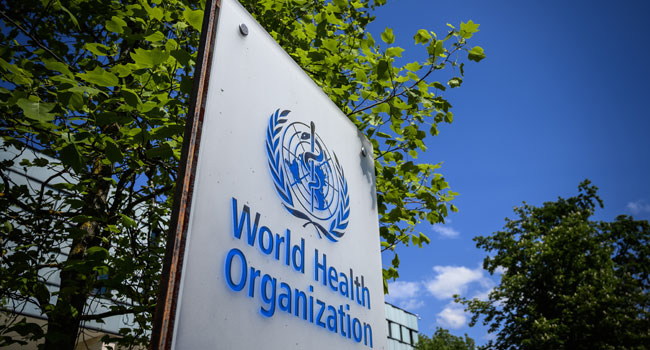Dr. Hendrick Ormel, Senior Adviser of the World Health Organization’s Global Joint External Evaluation Secretariat, revealed that there are currently 125 disease outbreaks in the WHO African region.
These outbreaks encompass a range of diseases, including but not limited to Covid-19, cholera, yellow fever, monkeypox, measles, wild poliovirus, and circulating vaccine-derived poliovirus.
In addition to these health challenges, the region is contending with 20 human-made and natural disasters, such as cyclones, droughts, conflicts, floods, and civil unrest.
The WHO African region encompasses a wide range of countries, including Algeria, Angola, Benin, Botswana, Burkina Faso, Burundi, Cape Verde, Cameroon, Central African Republic, Chad, Comoros, Congo, Cote d’Ivoire, Democratic Republic of Congo, Equatorial Guinea, Eritrea, Eswatini, Ethiopia, Gabon, Gambia, Ghana, Guinea, and Guinea-Bissau, among others.
Nigeria, a prominent nation in the region, is grappling with multiple disease outbreaks, including Covid-19, measles, monkeypox, yellow fever, Lassa fever, meningitis, cholera, diphtheria, and anthrax, among others.
Ormel pointed out that factors contributing to these multiple outbreaks include the geographical location, increased interactions between wildlife, livestock, and humans, as well as issues related to poverty and corruption.
He emphasized the significance of implementing measures to address gaps in health security and emergencies, both within healthcare facilities and on farms.
In the context of Nigeria, early disease detection is crucial for a swift and effective response to outbreaks. To enhance health security and address identified gaps, Ormel stressed the importance of empowering and enabling the implementation of the National Action Plan for Health Security (NAPHS).
The NAPHS is a domestic, multi-year planning process designed to expedite the implementation of core capacities outlined in the International Health Regulations. It follows a One Health for all-hazards, whole-of-government approach, aiming to bolster the nation’s readiness to handle health emergencies effectively.




